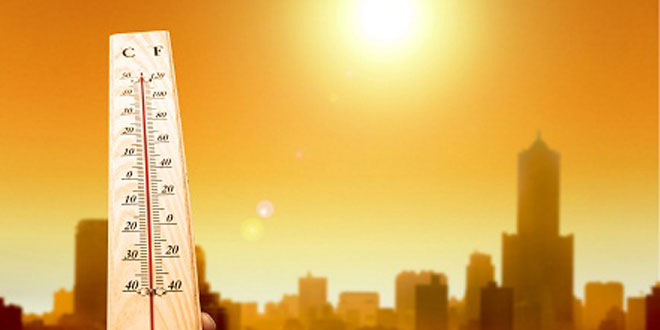
According to NASA, April was the hottest April on record, being 1.11°C (1.99°F) warmer than the 1951-1980 average that they use to measure it against. April was the seventh month in a row to shatter the monthly temperature record, which raises concerns about the rapid warming of the planet. Last month was not only the hottest April on record, but the figures also show that it comes in as the third month in a row to break the record by the highest margin. There is a common trend in the recent months, the temperatures are going up and up with no sign of slowing down.

The National Oceanic and Atmosphere Administration (NOAA) has yet to announce their findings for the month of April, but if they are similar to NASA’s, then they will have April marked down as the 12th month to break temperature records, which is an entire year of soaring temperatures. These rising temperatures lead to the notion that 2016 will be the hottest year on record. This is concerning because it wasn’t until last October that scientists could tell that 2015 would be the hottest year, but scientists are already confident that 2016 will break that record only four months in. The current prediction is that 2016 will be between 1.2°C (2.16°F) and 1.4°C (2.52°F) warmer than pre-industrial times, even if things start to cool during the rest of the year.

The rapid increase in temperatures in 2016 can be attributed to the strong El Niño that was experienced in the Pacific during the later part of 2015 and the start of 2016. These warmer temperatures generated by El Niño warmed the waters and boosted the heat wave, but they can’t explain all of the temperature increases that were observed. Last year world leaders signed the Paris agreement, which works to limit global warming to within 2°C (3.6°F), and tries to keep it to below 1.5°C (2.7°F). Increased temperatures are influenced by natural processes and humans, which is very important to remember. It may not seem like it, but anyone can do their part to slow these rapidly climbing temperatures.